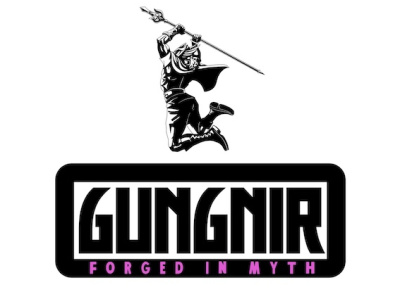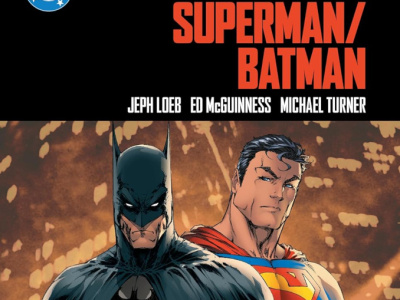We recently caught up with Tokyopop Publisher Mike Kiley for one of our periodic interviews on the state of the manga market and Tokyopop's place in it. In Part 3, we talk about Tokyopop's fiction program, the differences between Japanese light fiction and the
Let's talk about fiction. You publish some imported fiction, are you also generating fiction on your own?
Yeah we are. Probably our highest profile license release at the moment is the Twelve Kingdoms series, the second volume of which will be out in hardcover next year. We've had very successful novelizations of .Hack and Love Hina; FLCL comes out in novel form next year. All of those are really exciting, but we're developing a series of original novels based mostly on our own IP for properties like Princess Ai and Bizenghast, and things like that. We'll also be doing a few original novels that truly originate as novels with us. The first of those was a series called Alex Unlimited, which just came out in May, and we're running a co-promotion with CosmoGIRL involving a cute little contest for the second volume which comes out in the next month or two. So fiction continues to be a pretty important part of our publishing program.
Can you talk about the differences, if there are any, between the fiction market in
I guess the major and most obvious difference is the light novel market in Japan has generated on its own a lot of properties that have been exploited subsequently into manga, video games, into anime, into feature films, so that although the light novel format at its core is very much a light, fast, entertaining read, it's proven to be also very successful as a generator of properties that can be successful in other formats.
In the
Harry Potter?
Yeah, obviously there's those kinds of things. There's Lemony Snicket, there are probably several dozen different examples, but I don't think as a general rule that that's necessarily a model that YA publishers have had uppermost in their mind. I think that's definitely starting to change. Now whether that's the influence of the light novels from Japan, or a growing awareness on the part of American publishers about the realities of the marketplace, I think is a debatable question.
The relationship between fiction and what we would call sequential art--comics and graphic novels--has always seemed to be a bit more fluid in Japan, it's more commonly viewed as one customer; whereas in the U.S., although these barriers are breaking down, there's been the comics crowd, the manga crowd, and the kids who read novels. There's certainly crossover amongst those audiences, but up until fairly recently, I've never felt that it was quite as cohesive as it was in
Tokyopop obviously has a massive hit with Fruits Basket. What's next? How are you going to match that in terms of a sustainable long-term hit like that's been?
It's something we think about every day obviously. Thankfully, there is a lot more Fruits Basket to come, and our relationship with Hakusensha is such that I think we're going to be able to present Fruits Basket in all of its glory and possibly some new incarnation that people haven't seen yet for a number of years to come. We continue to view it as an extremely long-lasting franchise.
Of the things that are truly new that could rise to that level, if I had to single out one, it would probably be another Hakusensha series that's coming out near the end of this year (I believe it's a December 18th release) called Gakuen Alice. We were enormously pleased to get that license. The fan anticipation on Gakuen Alice is considerable, so we're going to be taking a great deal of time and energy and energy to get that off on the right foot.
Other things that are newer debuts, whether they ever become Fruits Basket-type franchises is a little more difficult. Trinity Blood has that potential because of its powerhouse nature across anime and manga and fiction. It's kind of a triple threat and we're seeing very good results from that.
Chibi Vampire and +Anima are incredible out of the gate. Chibi Vampire has the advantage of being published in a couple of different formats, fiction and manga, so they both feed off each other.







